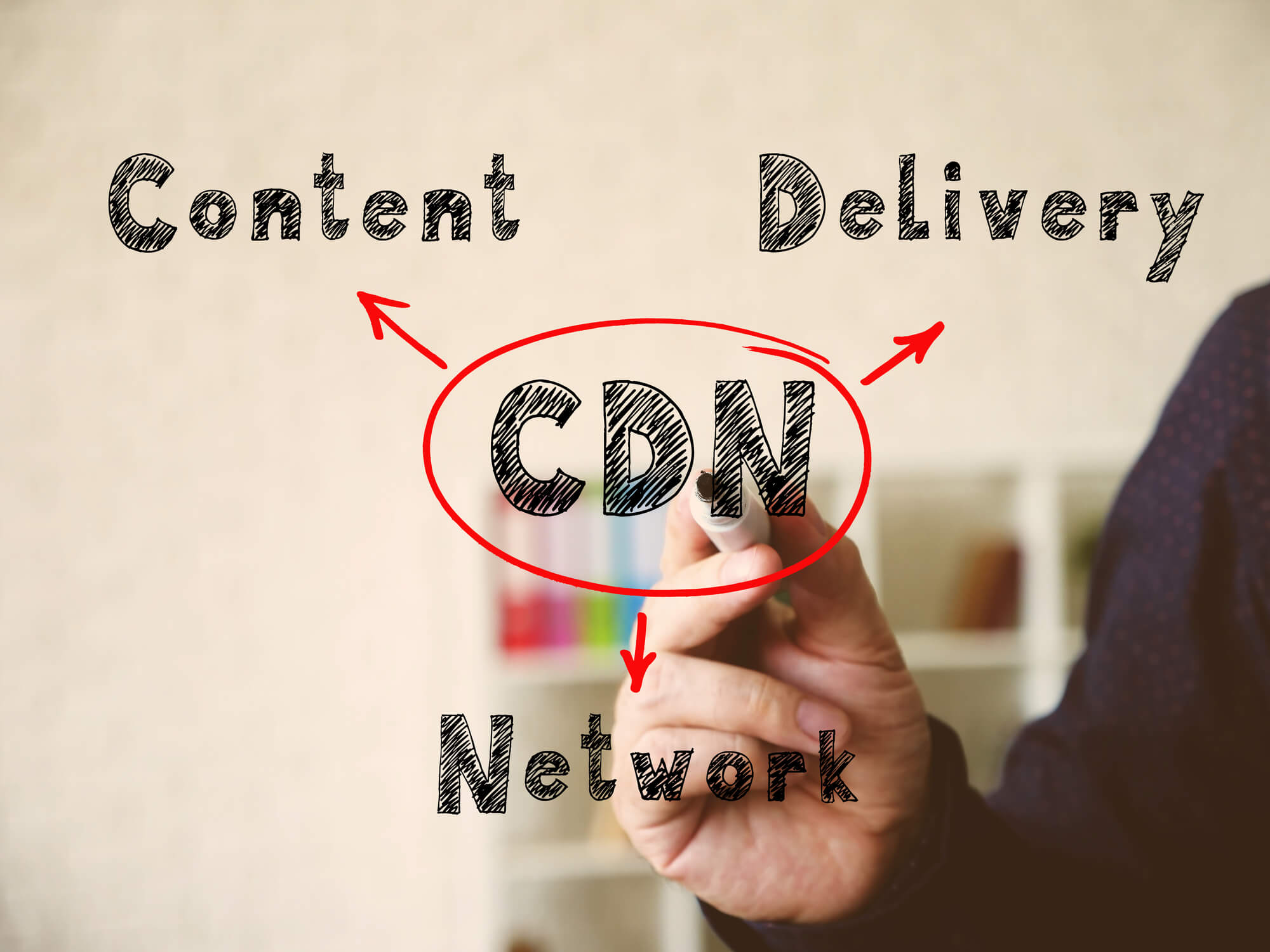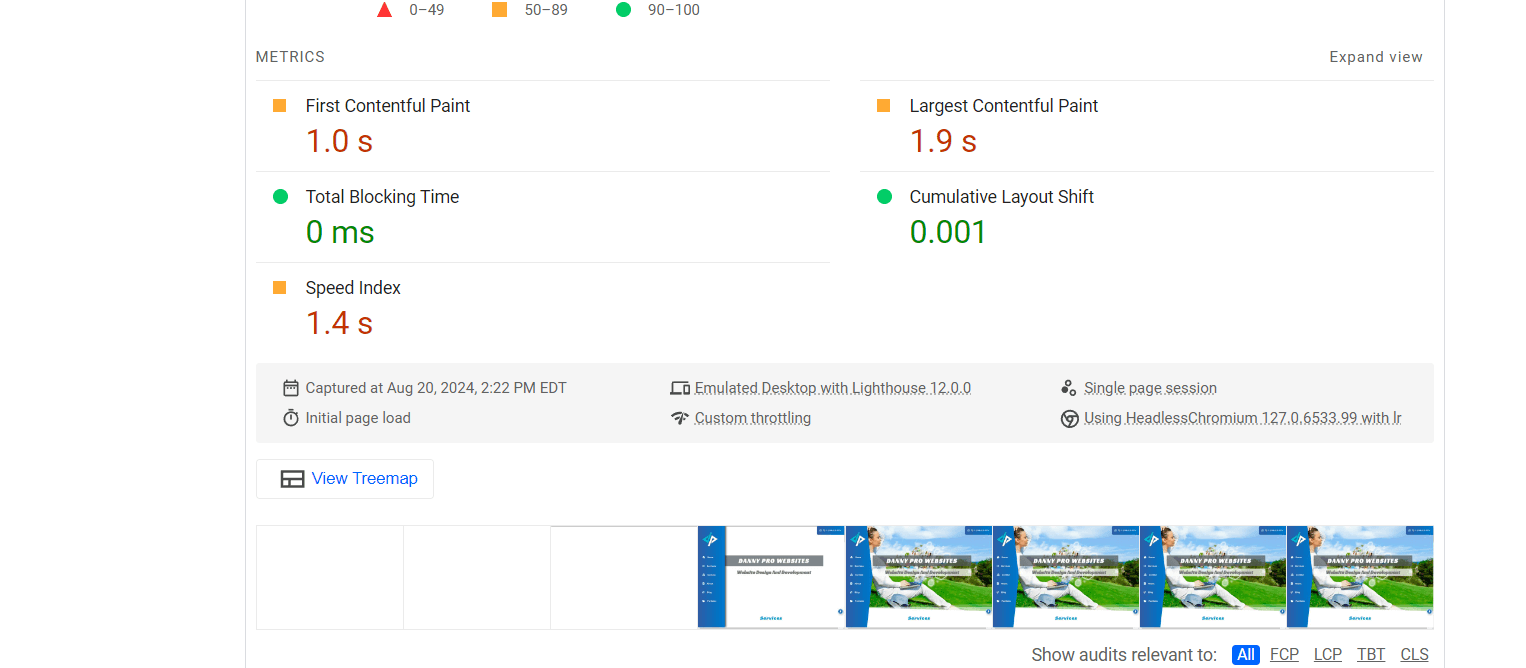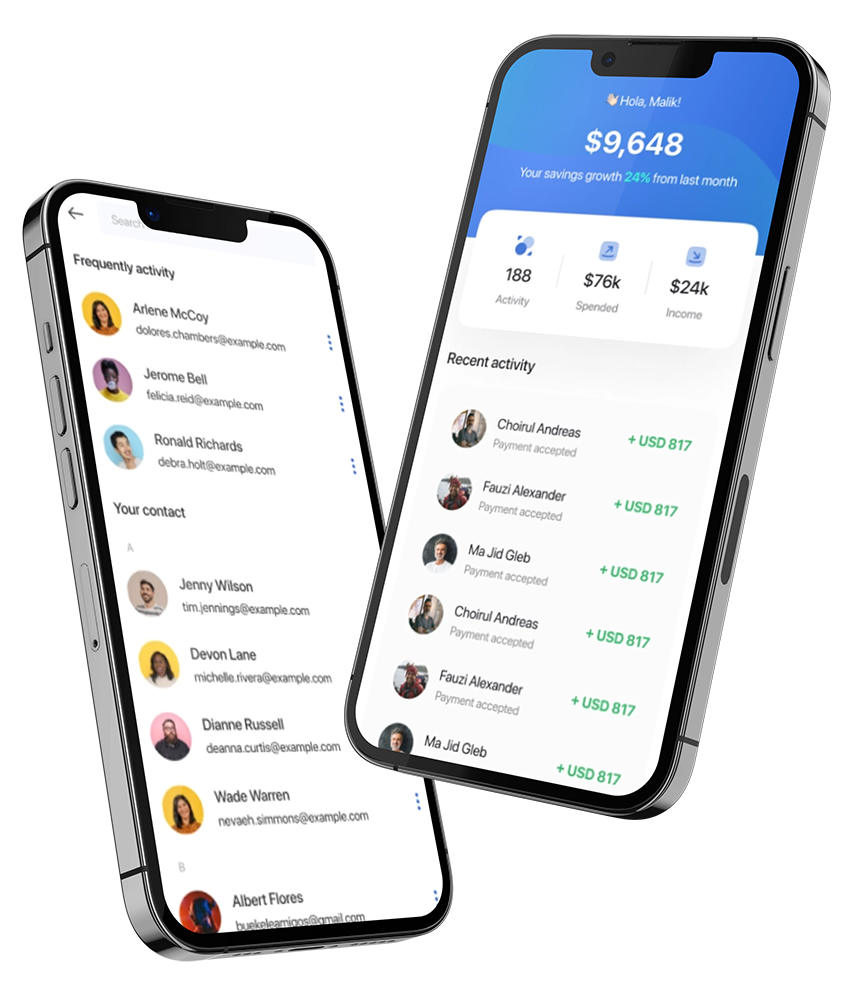
When a visitor lands on your website, there is a technical process that takes place behind the scenes to deliver the content they see. This involves the transfer of data, including images, videos, styles, and more, from your web server to the visitor’s web browser. Each time this process occurs, especially when large files, high-quality media, or animations are involved, it can lead to longer processing times, which directly affects your website’s loading speed. Slow loading times can negatively impact user experience, causing visitors to leave your site before engaging with your content.
This is where a CDN (Content Delivery Network) plays a crucial role in improving website performance. A CDN helps alleviate the load on your web server by storing copies of your website’s data on multiple servers distributed across various geographic locations. These servers, known as IXPs (Internet Exchange Points), are strategically placed around the world to share traffic across their networks. By utilizing these points, a CDN minimizes the distance between your website’s data and the end user, making the process of delivering content faster and more efficient.
Instead of requiring the user’s web browser to connect directly to your primary hosting server, which could be located anywhere in the world, a CDN connects the browser to the nearest available server in the CDN’s network. This proximity to the end user reduces latency, improves website performance, and provides a smoother browsing experience. For example, if your hosting server is located in Europe but your user is browsing from Asia, the CDN will connect the user to a server closer to them, perhaps in Singapore or Hong Kong, significantly speeding up the time it takes for your content to load.
The rise in popularity of CDN services is largely due to their ability to optimize website performance. Today, the majority of global web traffic is delivered through CDNs. These networks have become essential for many website owners, particularly those with global audiences or websites that rely on heavy media content, such as e-commerce platforms, streaming services, or websites with high user interaction. It’s important to note that a CDN is not a replacement for traditional web hosting, but rather an add-on that complements and shares the workload of your primary hosting server.


In conclusion, integrating a CDN into your website infrastructure offers numerous advantages, from faster load times and reduced costs to enhanced security and scalability. A fast website not only improves user experience but also boosts SEO, as tools like Google PageSpeed Insights which measures key performance metrics, such as how quickly content loads, prioritize speed in search rankings.

In today’s digital landscape, where websites are crucial for business operations, personal blogs, and online transactions...

The content is often referred as “the king of the web.” Content marketing is a sub-category of SEO (Search Engine Optimization), but in practicality it...

E-Commerce has been around since the early 90’s with Amazon being the pioneer, the concept gained an extreme traction during the recent years and today...

Search engines utilize advanced algorithms to assess website performance. These algorithms test a large amount of parameters, each of which deserve it’s on article. Here,...

You have decided you are ready to create a website. Congratulations. During my journey, I came across people who believed that designing a website is...

You have decided you are ready to create a website. Congratulations. During my journey, I came across people who believed that designing a website is...

Digital marketing involves promoting your business through online channels such as search engines, websites, social media platforms, and mobile apps...

In today’s digital landscape, where websites are crucial for business operations, personal blogs, and online transactions...

The content is often referred as “the king of the web.” Content marketing is a sub-category of SEO (Search Engine Optimization), but in practicality it...

E-Commerce has been around since the early 90’s with Amazon being the pioneer, the concept gained an extreme traction during the recent years and today...

Search engines utilize advanced algorithms to assess website performance. These algorithms test a large amount of parameters, each of which deserve it’s on article. Here,...

You have decided you are ready to create a website. Congratulations. During my journey, I came across people who believed that designing a website is...

You have decided you are ready to create a website. Congratulations. During my journey, I came across people who believed that designing a website is...

Digital marketing involves promoting your business through online channels such as search engines, websites, social media platforms, and mobile apps...
Leave your details and we will get back to you promptly
